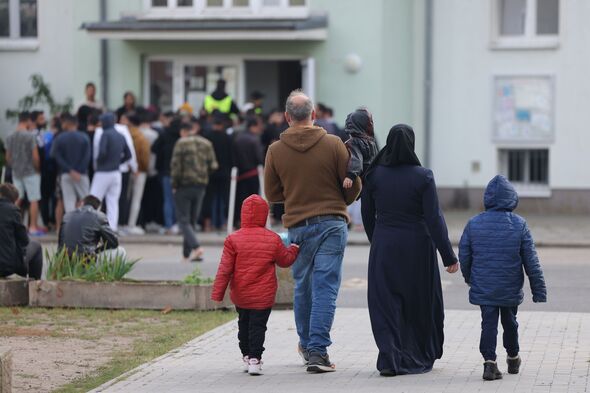The Dutch government has its eyes set on Uganda as a destination for failed African asylum seekers, in a pivot reminiscent of Britain’s scrapped arrangement with Rwanda.
High on the agenda at the recent Brussels summit, European Union leaders pledged to fast-track new rules to expedite deportations and establish legal backing for “return hubs” beyond the continent’s borders.
It is hammering out details to take in around 1,000 Africans denied refuge in Netherlands this year, deporting them to be accommodated by Uganda.
Dutch Development Minister Reinette Klever said: “Ultimately, we want to reduce migration. For the government, it is important that rejected asylum seekers return to their country of origin. And that is where it sometimes stalls. We have a long relationship with Uganda and it is a hospitable country.”
Uganda’s Foreign Minister Jeje Odongo expressed openness to negotiations, after discussions with Klever regarding aligning aid for development with taking in migrants.
Not stopping at Uganda, the Netherlands and Germany are also in negotiations with Uzbekistan, seeking to place centers for Afghan refugees whose applications were not accepted, offering increased development assistance as part of the deal.
In July, Keir Starmer put an end to the Tories‘ plan to transport migrants to Rwanda – Uganda’s neighbour and another country under Germany’s radar for similar purposes.
EU countries contemplating the deportations of migrants will need to modify their Return Directive, which currently restricts such actions, before proceeding.
The contentious discussions within the EU are centering on plans to set up outsourced deportation hubs for failed asylum seekers, who may have been in Europe for extended periods and are faced with expulsion orders.
European Commission President Ursula von der Leyenhas consented to legislative reforms as an initial step towards “the idea of developing return hubs outside the EU”, a concept gaining traction among EU members.
Dutch Prime Minister Dick Schoof said: “We see that there is a different mood in Europe. We need to see collectively how we can limit the flow of asylum seekers and stimulate returns. These are innovative solutions that should in principle interest our colleagues here.”
Bagiire Vincent Waiswa, Uganda’s permanent secretary for the Ministry of Foreign Affairs, stated: “Netherlands supports Uganda’s open door policy for refugees.
“They appreciate the fact that we do not settle refugees in camps but communities where their dignity is preserved. So if there is a consideration, it must be from that perspective.”
“We will enter into discussions with the Office of the Prime Minister, which oversees refugee affairs in Uganda, to assess the feasibility once they formally approach us.”
